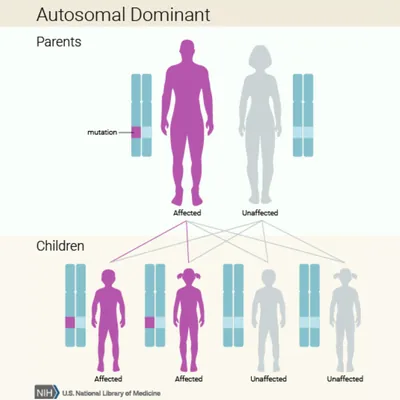GARD collects data from a variety of sources to populate its website and provide accurate and reliable information on rare diseases.
GARD uses data collected from Orphanet, Online Mendelian Inheritance in Man (OMIM) , and Mondo Disease Ontology to interpret and provide information on rare diseases. This includes names, synonyms, genes, symptom frequency, population estimates and more.
- Orphanet is an online database of rare diseases and orphan drugs that provides aggregated data coordinated by INSERM-US14 in Paris.
- OMIM is a database of human genes and genetic phenotypes authored and edited at the McKusick-Nathans Institute of Genetic Medicine , Johns Hopkins University School of Medicine.
- Mondo Disease Ontology provides a logic-based structure unifying multiple disease resources in coordination with the Human Phenotype Ontology (HPO) and support from the NIH National Human Genome Research Institute Phenomics First Resource.
GARD uses the Human Phenotype Ontology (HPO) for standard terminology to represent a disease's phenotypic and clinical features.
GARD uses information gathered from the National Center for Biotechnology Information's MedGen to help in explaining genetic and rare diseases.
GARD uses the National Library of Medicine for a variety of resources on health information.
- Learn about the Newborn Screening Coding and Terminology Guide
- Find health information from MedlinePlus
- Learn about the Unified Medical Language System
GARD uses additional resources when developing content.








